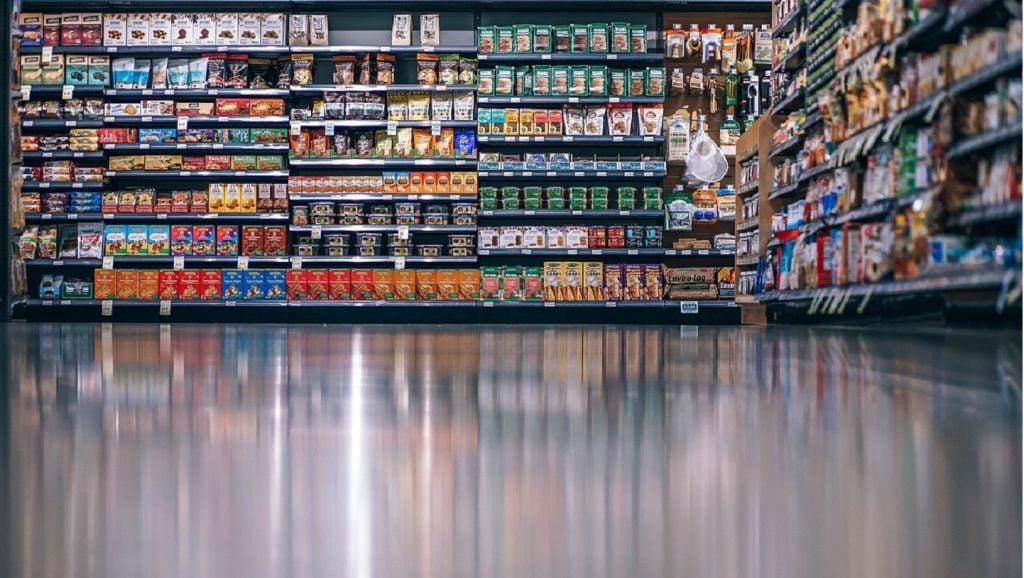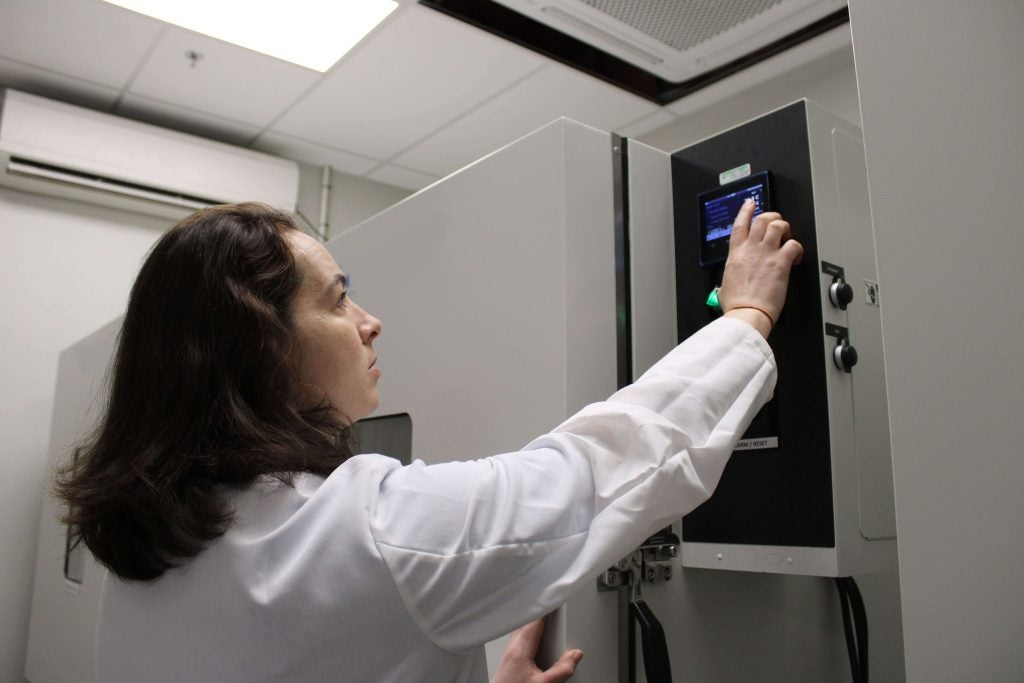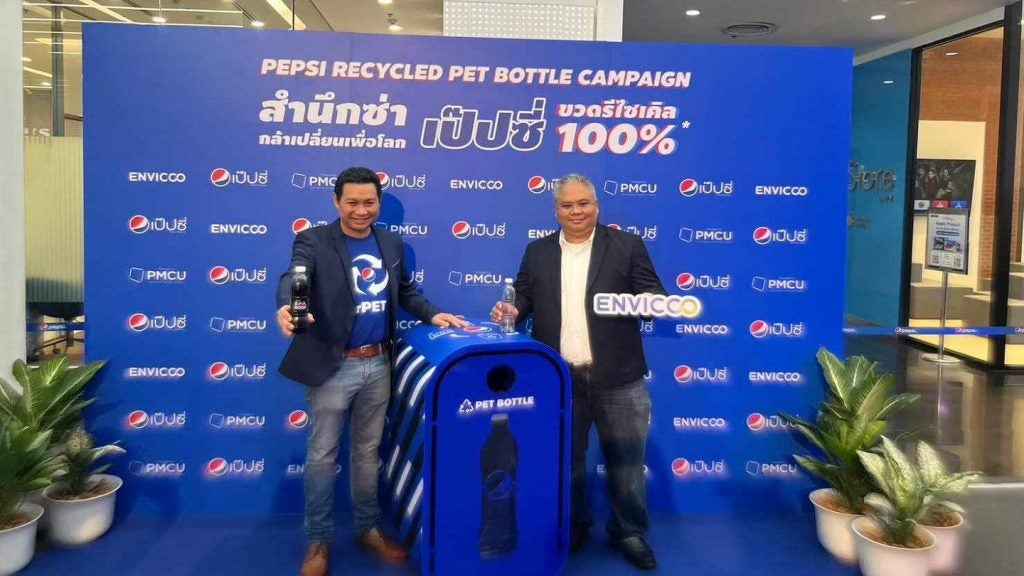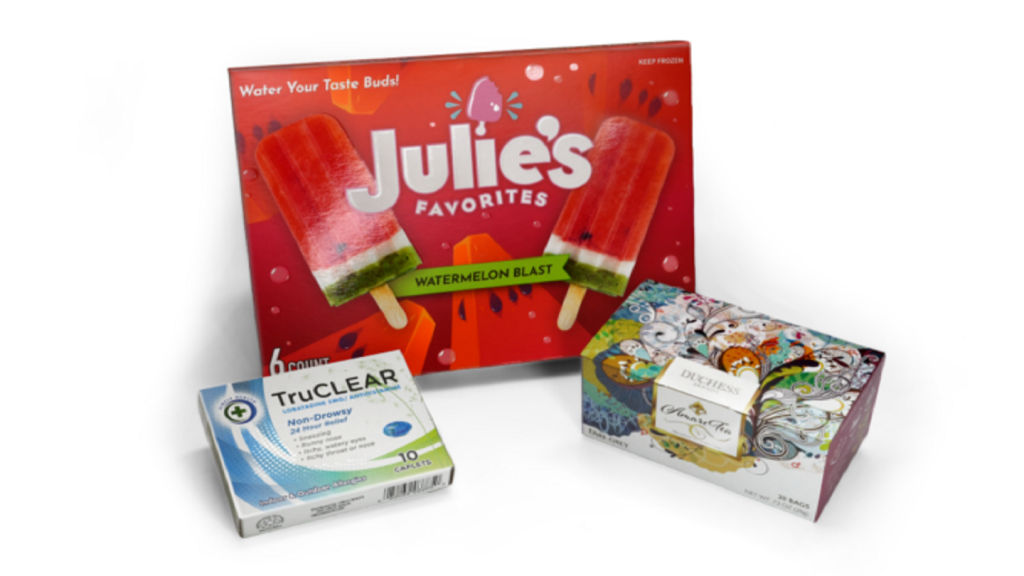US-based packaging company Sealed Air (SEE) has reported net earnings of $99.1m for the second quarter (Q2) of 2023, a decrease of 13% from nearly $114m in the same period a year ago.
Diluted earnings per share (EPS) was 68 cents in Q2 2023, versus 77 cents last year.
This was driven by weak performance in the Americas and the Europe, Middle East and Africa markets, which outweighed growth in the Asia-Pacific region.
The company's net sales was $1.38bn for the quarter ending 30 June 2023, down 3% from $1.42bn in Q2 2022.
Price had a favourable impact of 2% on Q2 2023 performance, with currency having an unfavourable impact of 1.7%. This was offset by gains from the acquisition of Liquibox.
Adjusted earnings before interest, taxes, depreciation, and amortisation (EBITDA) dipped 4.4% to $280.3m from $293.4m in 2022.
Net debt was $4.7bn as of 30 June 2023, an increase from $3.2bn at the end of 2022.
SEE president and CEO Ted Doheny said: “Our second-quarter earnings results were in line with our expectations driven by continued weakness in our end-markets.
“We expect demand weakness to continue with second-half volumes similar to first half of 2023. We are revising our full-year 2023 guidance accordingly.”
Looking ahead to the rest of 2023, SEE has trimmed its net sales forecast, now anticipating between $5.40bn and $5.60bn, compared with its prior projection of $5.85-6.10bn.
The company's updated full-year adjusted EBITDA outlook is between $1.07bn and $1.12bn, versus its earlier forecast of $1.25bn to $1.30bn.
SEE also predicts full-year adjusted EPS of $2.75-$2.95, as against the previous forecast of $3.50-$3.80.















